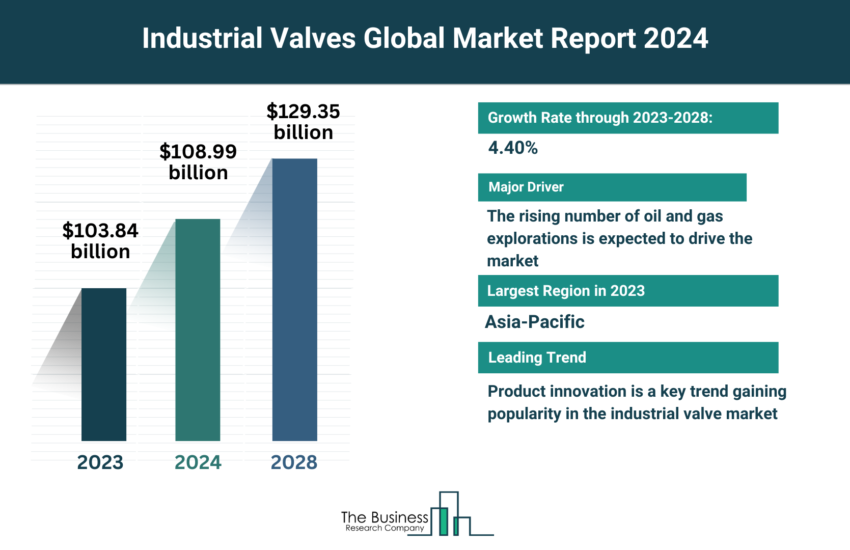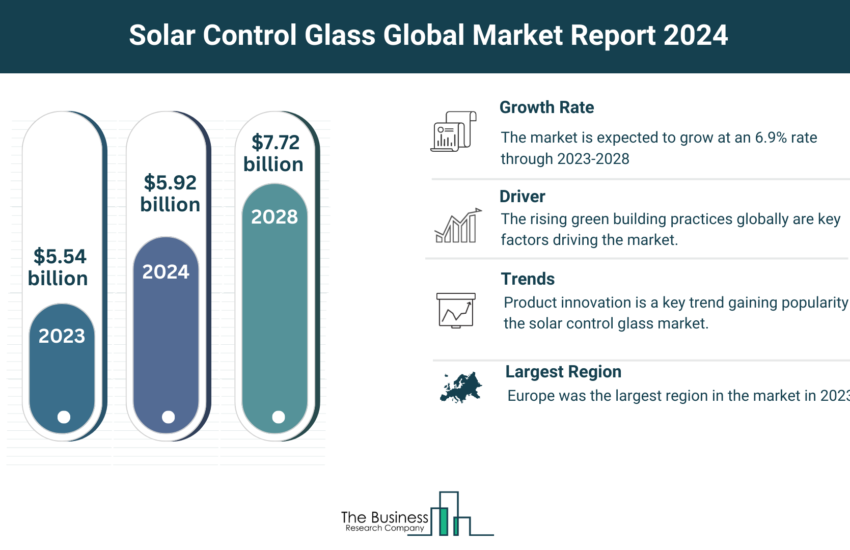Developments And Implementation Of Technology In The Forged And Stamped Goods Market
Companies in the forged and stamped goods market are increasingly developing innovative products to cater to the increasing demand for more complex forging operations. Companies are focusing on the new pre-forming technology and automation of hammers for reducing the contact times, and new generation of control systems. With the pre-forming aluminum or steel forging technology, a defined pre-shape is obtained in a single forming movement whereas the traditional process used hydraulic presses and cross rolls. Furthermore, the continuous pre-forming method especially for aluminum, requires only a small amount of cooling for the component and is able to reach high cycle times which offer a potential for saving material and producing a part with high complexities. Additionally, with the introduction of new forging control system (FCS) generation provides concept including thickness measurement and process control during forging operation at low costs. Companies such as Muller Weingarten offer different processes for pre-forming aluminum or steel forging.
Forging is the process of shaping metal using compressive, localized forces, into high strength parts. Forging is most commonly performed with the use of forging presses or hammering tools that are powered by electricity, hydraulics or compressed air.
The global forged and stamped goods market is expected to grow from $255.4 billion in 2018 to $371.3 billion in 2022 at an annual growth rate of more than 9.5%. Technological developments in the areas of automation, IoT technology and additive/3D forging technology are driving the forged and stamped goods market. Development of automating devices such as robotic equipment is improving the production efficiencies of the forging plants. These robotic machines are cable of reducing the production costs by decreasing the maintenance costs and power consumption. Integration of IoT technology improves the efficiency of production processes by taking appropriate actions in real time without human intervention. Voestalpine Bohler Edelstahl GmbH & Co KG, a Germany-based forging company has planned to install the p-44 automated system, which is capable of recording and evaluating production data to improve the production processes.

Companies in the forged and stamped goods market are integrating IoT technology in the forging processes to increase production efficiencies. IoT is a network of physical devices that are accessible through the internet. IoT integration increases the efficiency of manufacturing processes by making corrective decisions in real time, based on a pre-programmed set of rules, without human intervention. In March 2018, Bharat Forge, a leading Indian forging manufacturer adopted ThingWorx IoT platform from PTC, a computer software company, to monitor its manufacturing operations and increase production efficiencies.
Metal forgers are increasingly also incorporating additive manufacturing technologies to offer customized designs to the customers. 3D technology is being used in forging for balancing customization and personalization with efficiency and waste reduction. The 3D forging technology offers advantages such as preparation of complicated shapes and designs, and negligible material loss. Companies using additive/3D manufacturing technology include Aloca and Bharat Forge.



